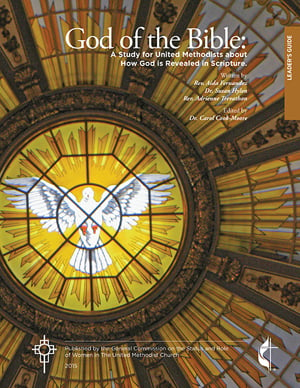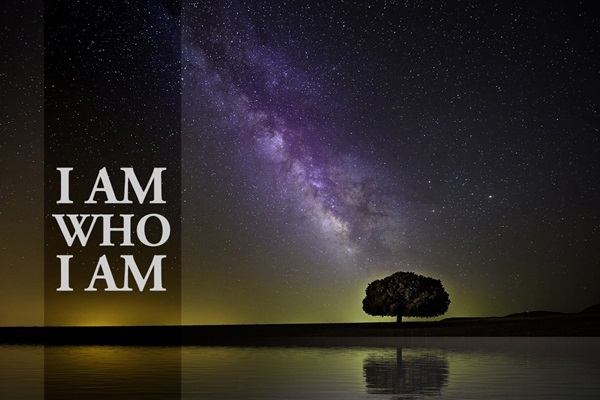Learn more

The names we use for God both reflect and shape how we think about God. They help us get to know God and introduce others to God. Each name points to a quality that helps us better understand the Holy One.
Early biblical writers, drawing from human experience, use a variety of terms to express their understanding of God. They speak of God as shepherd, judge, rock, light, warrior, and fortress. In Isaiah, we see images of God as a woman in labor (Isaiah 42:14), a woman giving birth (Isaiah 46:3-4), a loving mother (Isaiah 49:15). Luke portrays God as a woman searching for a lost coin (Luke 15:8-10).
United Methodists are encouraged to use "diverse biblical images and titles for God, including masculine/feminine metaphors."
However, at two important events, baptism and ordination, United Methodists exclusively use “Father, Son and Holy Spirit” for the Trinity. Baptism and ordination are key moments of initiation in the lives of Christian individuals. For us and our ecumenical partners, this standard helps us recognize each other’s baptisms and ordinations.
But on nearly all other occasions, we are encouraged to name God with the many names provided in Scripture and across the course of Christian tradition.
Despite our efforts, we realize that our language falls short in our attempts to describe God. Our language can never contain or give a comprehensive description of God. The names we choose suggest attributes of God, but cannot completely express God's infinite, divine mystery.
“So then, what name shall we use for God?” asks Rev. F. Belton Joyner Jr., United Methodist pastor and author. “When Moses asked that exact question, God answered, ‘I AM WHO I AM.’ In fact, God said, ‘This is my name forever’ (Exodus 3:13-15).”
This content was produced by Ask The UMC, a ministry of United Methodist Communications.





